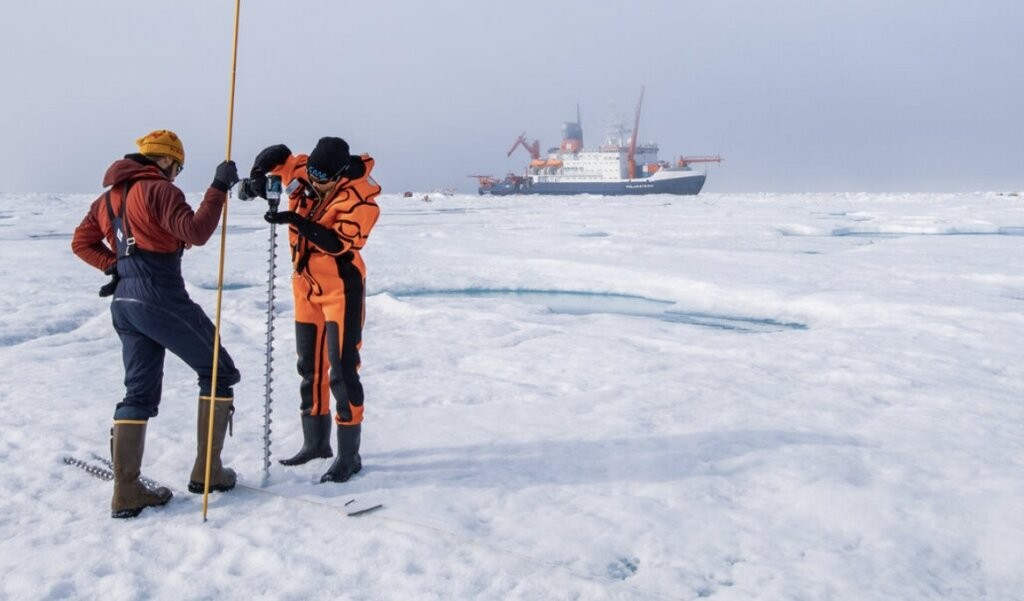16 Results

Disrupting Racism and Global Exclusion in Academic Publishing: Recommendations and Resources for Authors, Reviewers, and Editors
Aug 02 2024
In the summer of 2020, following the murders of Ahmaud Arbery, Breonna Taylor, and George Floyd in the United States and the ensuing global protests against anti-Black racism led by the Black Lives Matter movement, a brief window of time opened to “take audacious steps to address systemic racial ine

Celebrating 10 Years of Elementa: Science of the Anthropocene
Jul 06 2024
In December 2013, UC Press’s mission-driven, trans-disciplinary, open-access journal Elementa: Science of the Anthropocene published its first article, ushering in its motto, “Open Science for Public Good.” In this blog post we pause to reflect and take note of some of the publication highlights fro

Climate-Smart Intervention Takes Top 2023 Case Studies in the Environment Prize
May 09 2024
The winning case study from the 2023 competition, “Building Resilience in Jamaica’s Farming Communities: Insights From a Climate-Smart Intervention,” from The University of the West Indies’ Donovan Campbell and Shaneica Lester, demonstrates that while climate change poses immense threats to the envi

Holiday Sale 2023
Nov 21 2023
See our gift suggestions and how to save 30% on your holiday gift books site wide.

Study detailing limits of carbon dioxide removal takes top honors in 2022 Case Studies in the Environment Prize Competition
May 04 2023
Their analysis forces students to challenge the idea that the energy transition currently taking place will be painless, and instead asks them to master the tools necessary to face our environmental problems.

Case Studies in the Environment Announces 2021 Prize Competition Winners
Jun 07 2022
Shannon Orr’s "Stakeholders and Invasive Asian Carp in the Great Lakes" is a worthy recipient of this year’s prize for CSE’s best case study. It provides a compelling example of the nuances and frequent dynamism of stakeholder interests, and the difficulty of reconciling said interests.

Case Studies in the Environment Welcomes Jennifer Bernstein as incoming Editor-in-Chief
May 26 2022
"I believe in the importance of this journal in filling a theoretical and pedagogical gap in academia"

Hundreds of international scientists, 12 months on an icebreaker in the Arctic: Elementa’s MOSAiC Expedition Special Feature
Feb 10 2022
"We hope that MOSAiC data lays the foundation for research on Arctic processes for many years to come and will improve not only our general understanding, but also our predictive capabilities in this region of the world."

Council of Editors of Learned Journals names Global Perspectives Best New Journal
Jan 09 2022
"This is an ambitious new journal on an important, wide-ranging topic. With an impressively diverse editorial board, and a healthy number of section editors, each with their own advisory board, this journal’s structure seems to offer a balance of breadth and depth worthy of the name."

Case Studies in the Environment Announces Winners of 2020 Prize Competition
Jun 16 2021
"we ultimately found Kathleen Rugel’s piece particularly compelling, as it clearly conveyed the role of key stakeholders in addressing the incredibly fraught politics of transboundary water management, as well as suggesting lessons that could be applied to similar situations in the future"